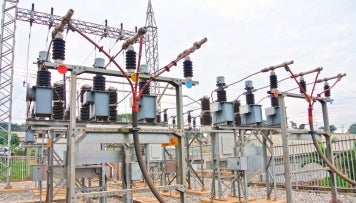Uganda: Energy for Rural Transformation (ERT) II
Grant Funding|Activity Status: Closed
-

Sector
-

Country
Region
-

Amount
$5.5 million -

Approval Date
June 21, 2012Closing Date
June 30, 2017 -

Donors
 Project website
World Bank project information
Project website
World Bank project information
Overview

Objective: In Uganda, the grid electrification rate is one of the lowest in the world, at only about 18 percent. Power shortages remain one of the biggest obstacles to economic growth. To address this challenge, the Government of Uganda established the Rural Electrification Agency (REA) in 2001 and formulated a Renewable Energy Policy in 2006. Comprehensive reforms have since focused on making the sector financially viable, creating independent regulation of the electricity industry, and attracting private investment to the sector. GPOBA funding was to help make grid electricity accessible and affordable for low-income rural households. The OBA facility was to support provision of over 105,000 grid connections to low-income households (525,000 residents), representing about 10 percent of new connections country-wide from 2013–2016.
Outputs: The project was implemented by the Rural Electrification Agency in cooperation with eight licensed distribution companies. It established an OBA facility funded by the Government of Uganda, the EU, KfW, and GPOBA. The Facility connected 106,600 households, representing about 10% of the electrification rate of the country, of which GPOBA subsidies went to 36,900 connections. The scheme has been instrumental in increasing connection uptake in Uganda, and coupled with public awareness, has contributed to a reduction in illegal connections.

